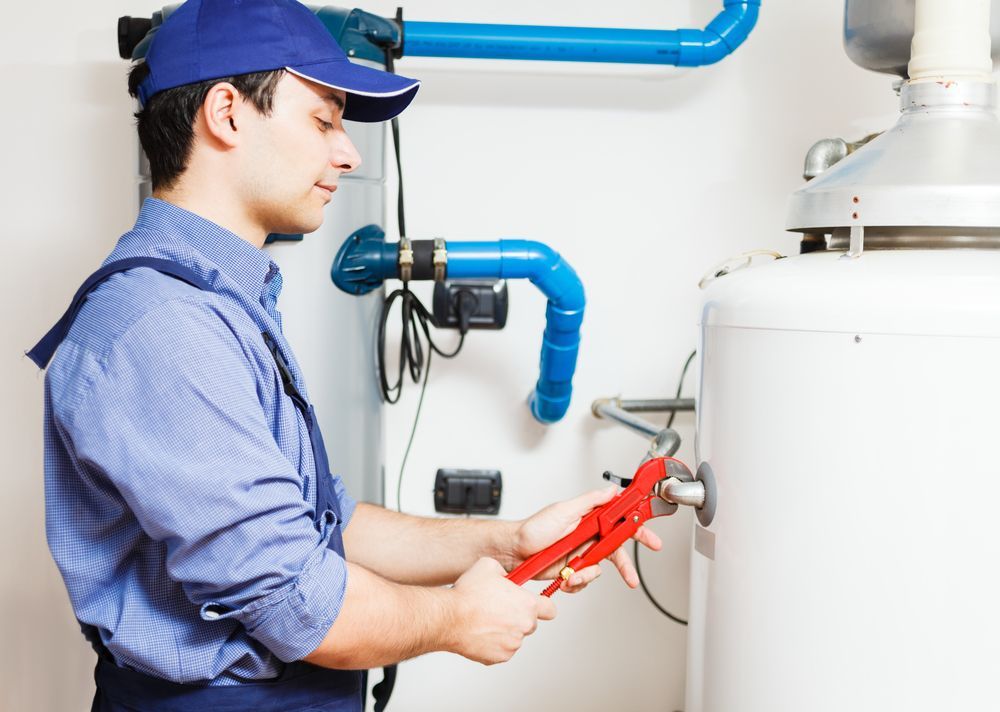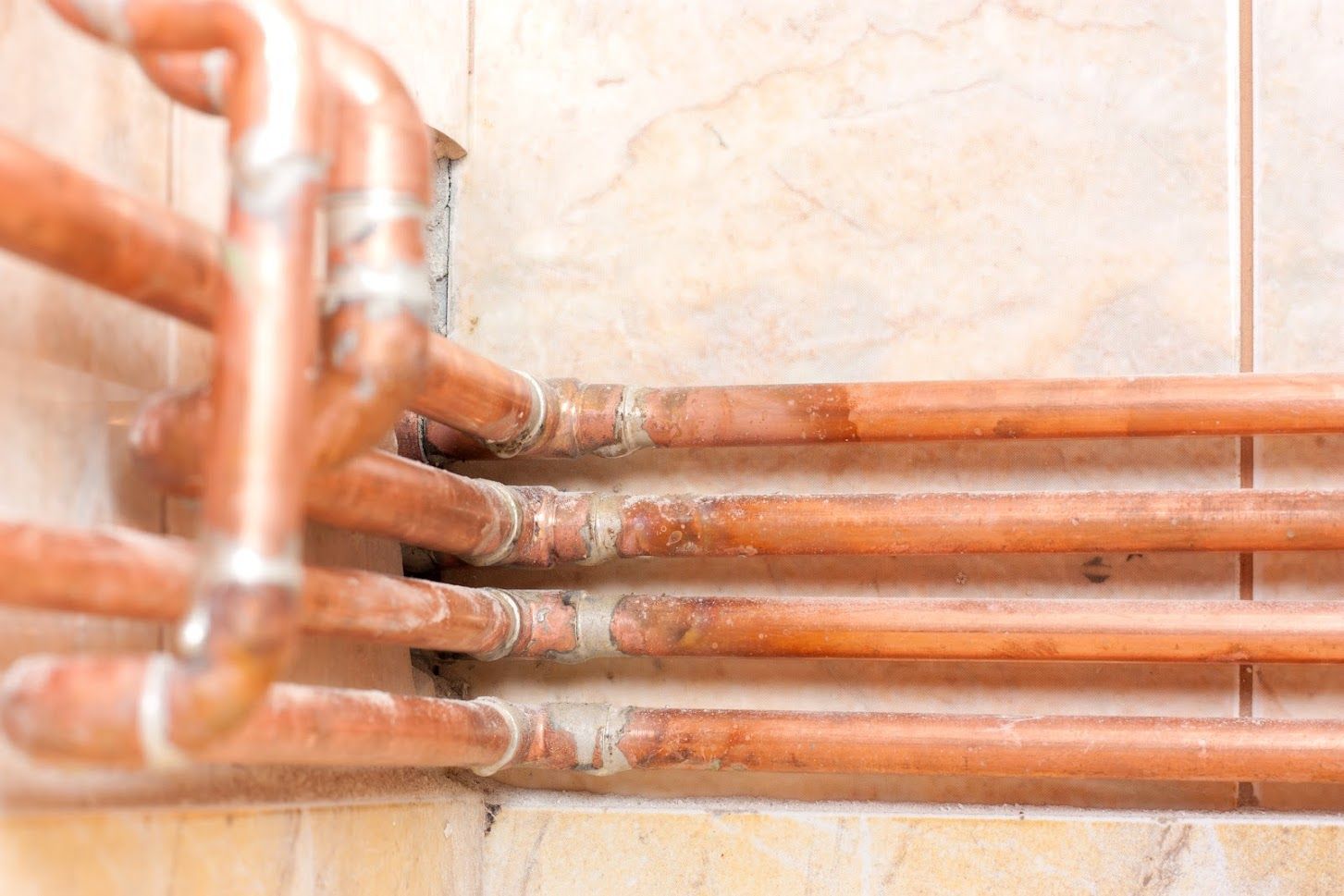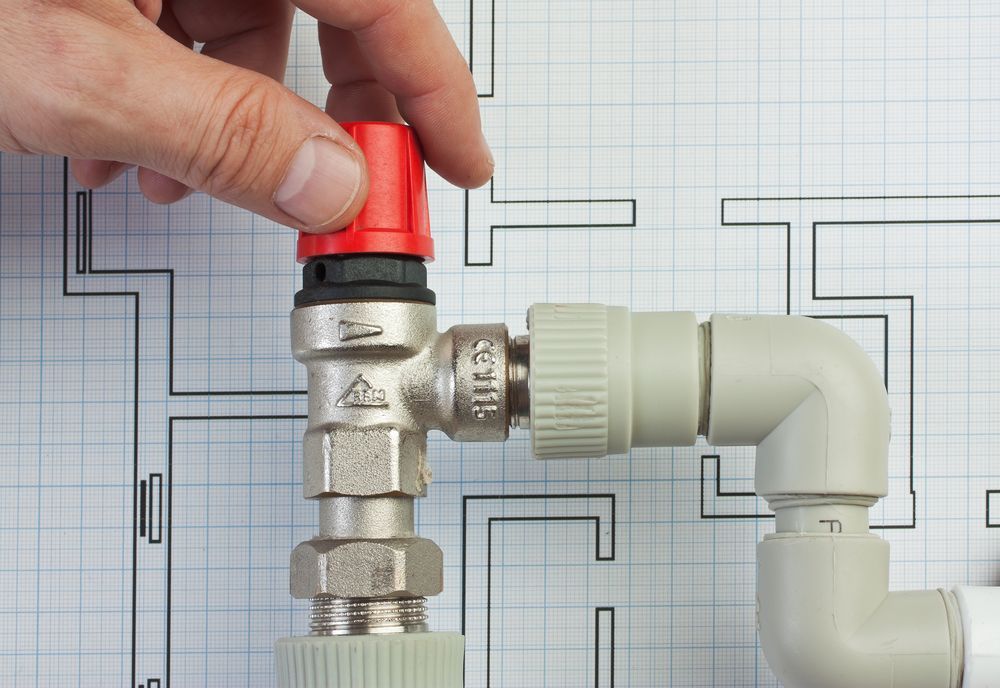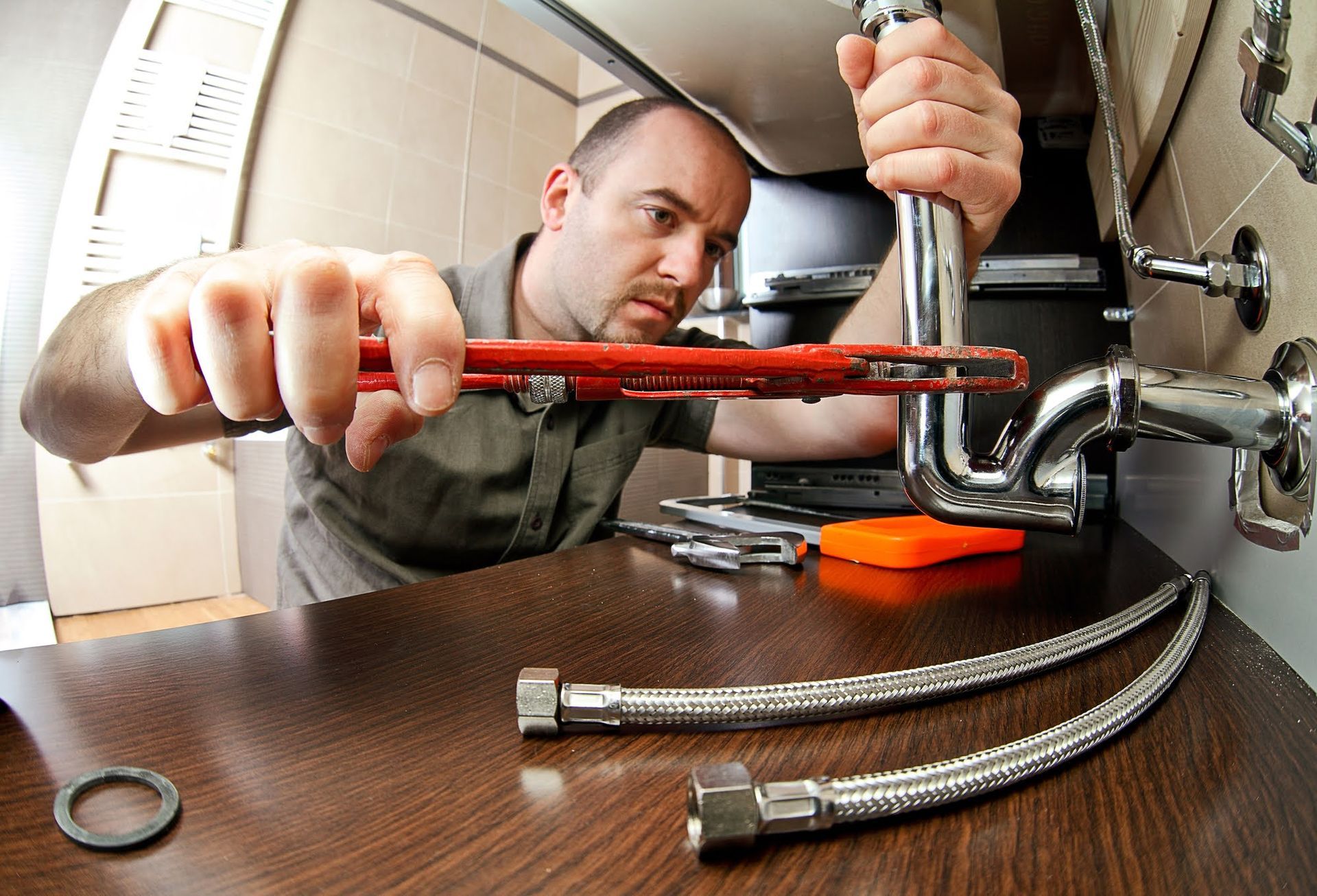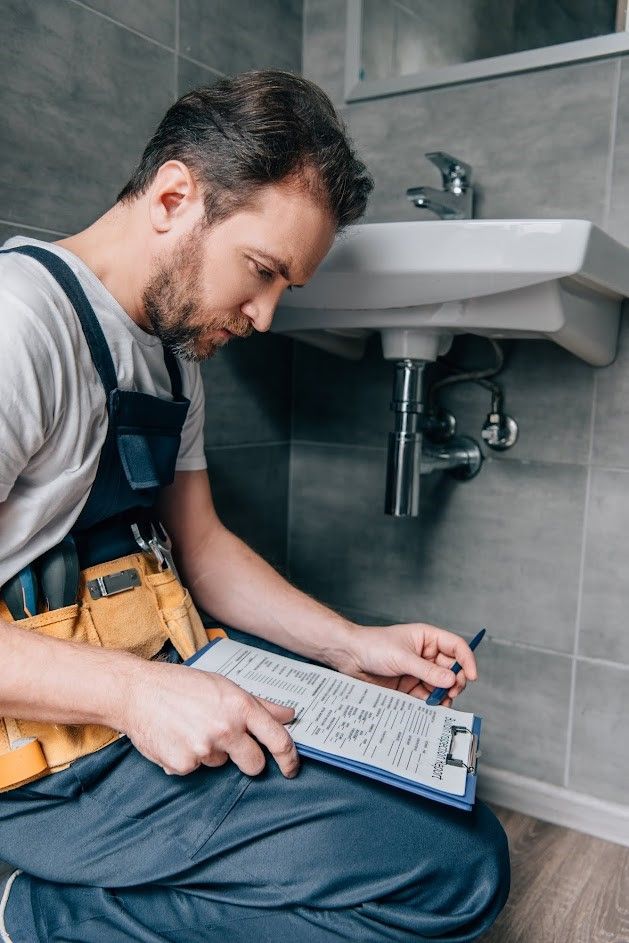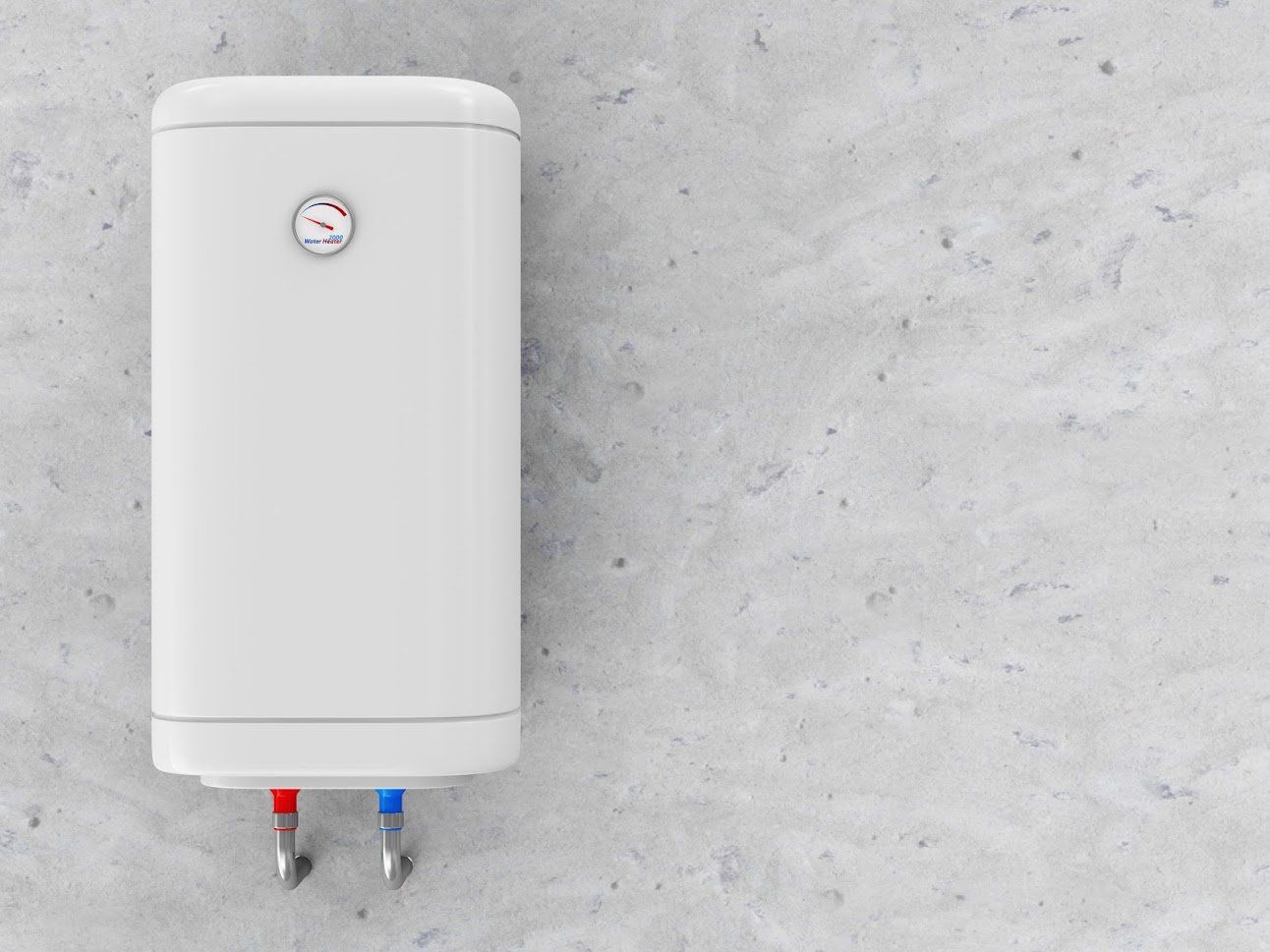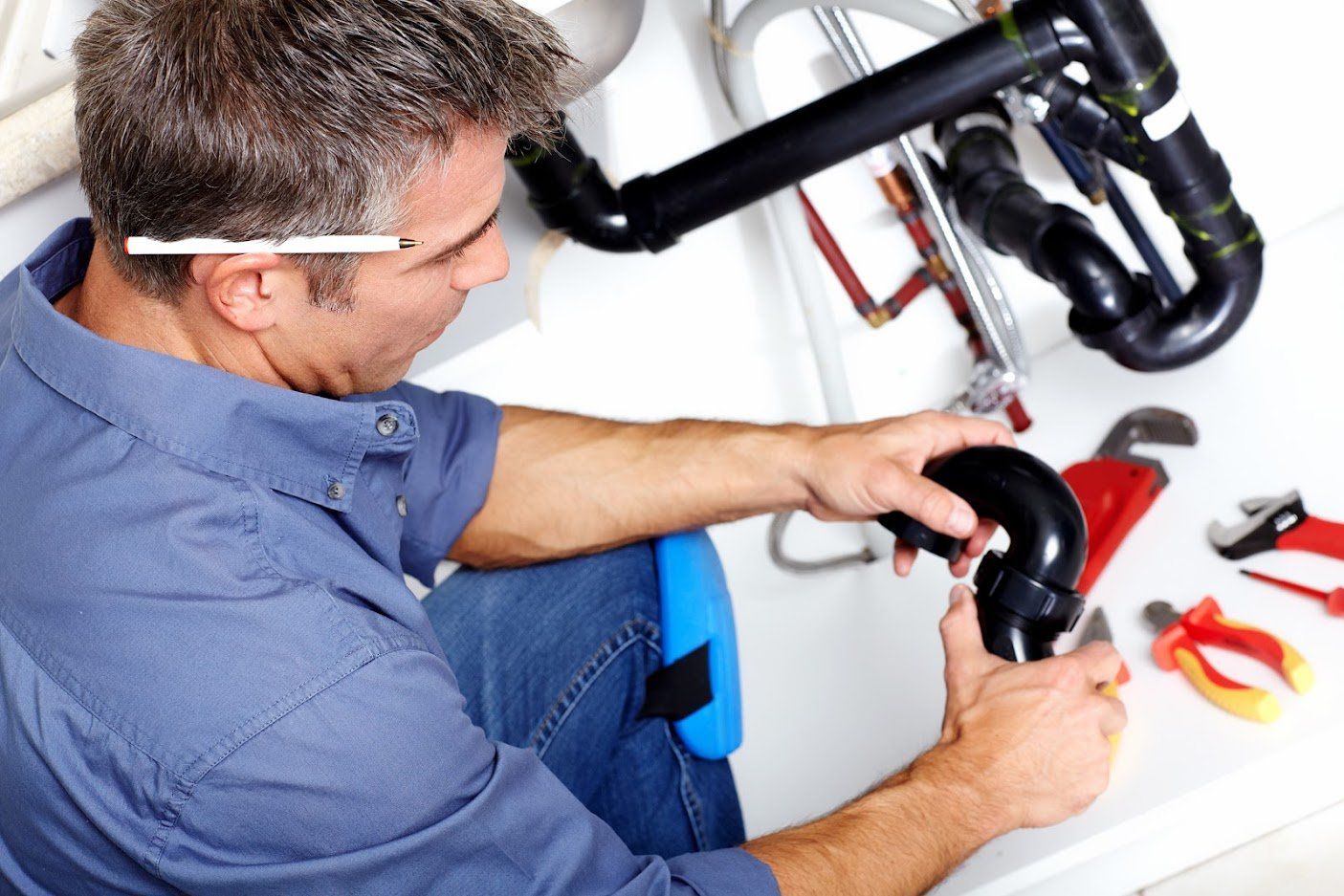
7 Possible Causes of Low Water Pressure in Your Home
- By Lewis Plumbing
- •
- 21 Apr, 2023
- •
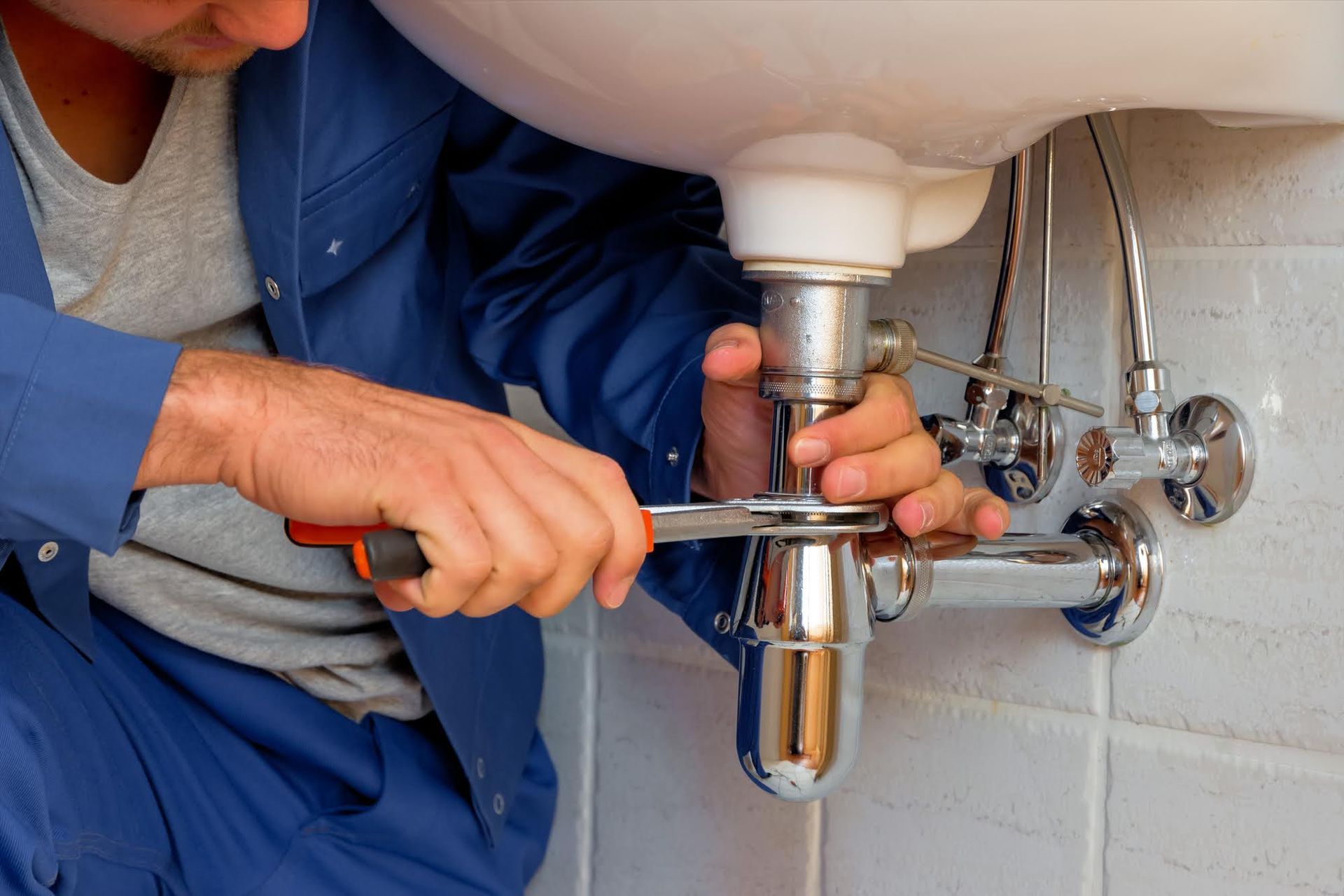
Low water pressure is a problem that many homeowners have dealt with. Unfortunately, low water pressure makes showers unenjoyable due to the weak spray. Besides, cleaning dishes and doing other chores can take longer if the water flows at minimum pressure. But what are the leading causes of low water pressure? Keep reading to find out.
1. Corroded Pipes
Corrosion is a problem that affects metallic plumbing pipes. With time, your steel pipes may accumulate rust and mineral deposits. Rust and mineral build-up in the plumbing pipes cause clogs. Besides, the corrosion narrows the inside of the plumbing pipes, reducing water pressure significantly.
Corroded pipes can give water a red color and a rusty smell. So, check if the water from your faucet has a red tinge, especially in the morning. Corrosion mainly affects old plumbing pipes, making it hard to fix the problem. Therefore, you must replace the corroded pipes to solve low water pressure issues.
2. Leaking Pipes
A major leak in your pipes can affect water pressure. Leaks divert water away from the fixtures. As a result, less water will reach your taps and showerhead. A pipe inspection can help locate leaks. Alternatively, you can identify leaks by looking for wet spots on your wall, floor, or ceiling. You must fix the leak to restore normal water pressure.
3. Problems With Your Water Supplier
Water pressure problems do not necessarily mean your plumbing has problems. Sometimes, your water supplier could be the problem. The water supplier might be the problem if neighbors complain about water pressure. Instead of calling a plumber, you should report the problem to the water supplier. The supplier can fix the problem and restore normal water flow at no cost.
4. Fixture Problems
Problems with your plumbing fixtures can restrict water flow. Rust, sediment, and mineral deposits can collect inside your showerheads and sink aerators and restrict the normal flow of water. Fixture problems could be the culprit if you only experience low water pressure in one or two areas. You can troubleshoot the issue by cleaning the sink aerators and showerheads.
If you spot mineral deposits on the showerhead, soak it in white vinegar overnight. For showerheads with filters, you should clean or replace the filter.
5. Well Pump Problems
Homes that depend on well water can also grapple with low water pressure problems. Low water pressure in well water systems can be attributed to an aging well pump. Old well pumps have worn-out parts and can no longer pump water efficiently. Other well pump problems that cause low water pressure include a stuck check valve, faulty pressure switch, corroded pipe, clogged well screens, or a broken line.
6. Faulty Pressure Regulator
A water pressure regulator ensures your house has consistent water pressure. However, a faulty pressure regulator can reduce the water pressure in your home. Maybe the regulator has mineral build-up that prevents enough water from passing through your water line. Your plumber can clean the mineral build-up to restore regular water flow. An aging water pressure regulator can also impact your water pressure.
7. A Partially Open Shutoff Valve
The shutoff valve must be fully open to allow enough water in your home. A partially open valve restricts the amount of water passing through your plumbing lines. So, check whether the main shutoff valve is partially open before calling your plumber.
Are you experiencing low water pressure but have not figured out how to fix the problem? At Lewis Plumbing, we have the best plumbers to tackle your water pressure problem. Contact us today to book a service for your water pressure.
Contact Information
Payment Option







Hours of Operation
- Mon - Fri
- -
- Sat - Sun
- -
Send us a Message
Contact Us
We will get back to you as soon as possible
Please try again later
Santa Barbara's # 1 Plumbing Company Since 1948
Specializing in Plumbing, Sewer & Drain, Water Heaters and Bathroom Remodeling for California's Santa Barbara.
Contact Information
Payment Option







Hours of Operation
- Mon - Fri
- -
- Sat - Sun
- -
Send us a Message
Contact Us
We will get back to you as soon as possible
Please try again later

